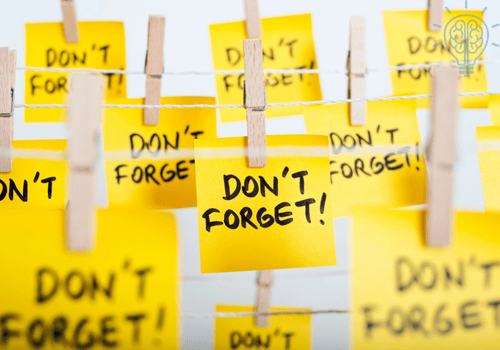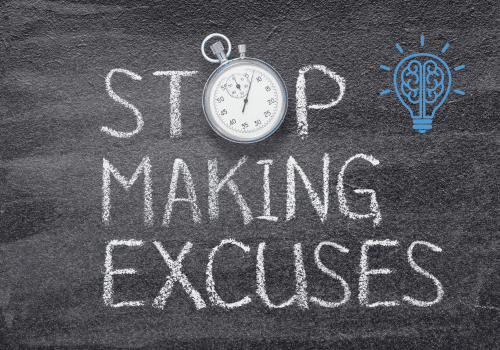💬 “I care about my friends, but I forget to text back, miss plans, and feel disconnected. Why is staying in touch so hard?”
If you struggle to keep up with friendships, you’re not alone. Many people deeply value their social connections but find it difficult to maintain them. Missed messages, forgotten plans, or difficulty reaching out can create distance—even when friendships matter to you.
This isn’t about being a bad friend. Social relationships rely on executive function skills like planning, working memory, self-regulation, and task initiation. If these skills are challenged, keeping up with friendships can feel exhausting or overwhelming.
The good news? Strengthening executive function can help you build more consistent, fulfilling social connections.
🧠 Why Is It Hard to Maintain Friendships?
Friendships require ongoing communication, emotional investment, and follow-through. If you struggle socially, executive function challenges may be playing a role:
📌 Poor Working Memory
If you forget to reply to texts, birthdays, or past conversations, staying connected can feel difficult.
⏳ Time Management Issues
Feeling overwhelmed by responsibilities can lead to unintentionally deprioritizing friendships.
😰 Social Anxiety or Avoidance
If reaching out feels stressful, procrastination can lead to long gaps in communication.
🔄 Weak Task Initiation
Wanting to send a message but struggling to start the action can create an unintentional cycle of disconnection.
📅 Lack of Planning
Forgetting to schedule time with friends can result in months passing without meaningful interaction.
🚨 The Impact of Social Disconnection
Struggling with friendships can lead to:
- 📉 Feeling guilty or like a bad friend
- 🛑 Relationships slowly fading away
- 😞 Increased loneliness and isolation
- ⏳ Awkwardness when reconnecting after long periods
- ⚡ Difficulty forming deeper connections
But friendships don’t have to suffer. Small, intentional changes can help you stay engaged and connected.
✅ Strategies to Maintain Stronger Friendships
📆 Set Recurring Check-Ins
Schedule a reminder to check in with close friends weekly or monthly.
💬 Use Quick “Thinking of You” Messages
Even a short text (“Hey! Hope you’re doing well!”) can keep friendships active.
📝 Keep a Friendship Tracker
Write down when you last connected with someone to prevent unintentional distance.
🔔 Automate Birthday and Event Reminders
Set calendar alerts for important dates to show friends you care.
🎯 Create Low-Effort Hangout Plans
Not every get-together has to be a big event—quick coffee chats or voice messages can maintain closeness.
🚀 Use “Two-Minute Rule” for Replies
If responding takes less than two minutes, do it immediately to prevent forgetting.
🎭 Reframe Social Effort as Self-Care
Healthy friendships improve mental well-being, so maintaining them is an investment in yourself.
🧠 How Executive Function Coaching Can Help
If you struggle to keep up with friendships, executive function coaching can help you develop habits that support social connection.
With coaching, you can learn how to:
- 📅 Build routines for checking in with friends
- 🔄 Strengthen working memory for better follow-through
- 💬 Develop confidence in initiating conversations
- 🎯 Manage time effectively to balance social life and responsibilities
Friendships don’t require perfection—just small, consistent actions. By improving executive function, you can maintain meaningful connections with less stress.
Want to improve your social skills and stay connected? Contact us for executive function coaching today!




